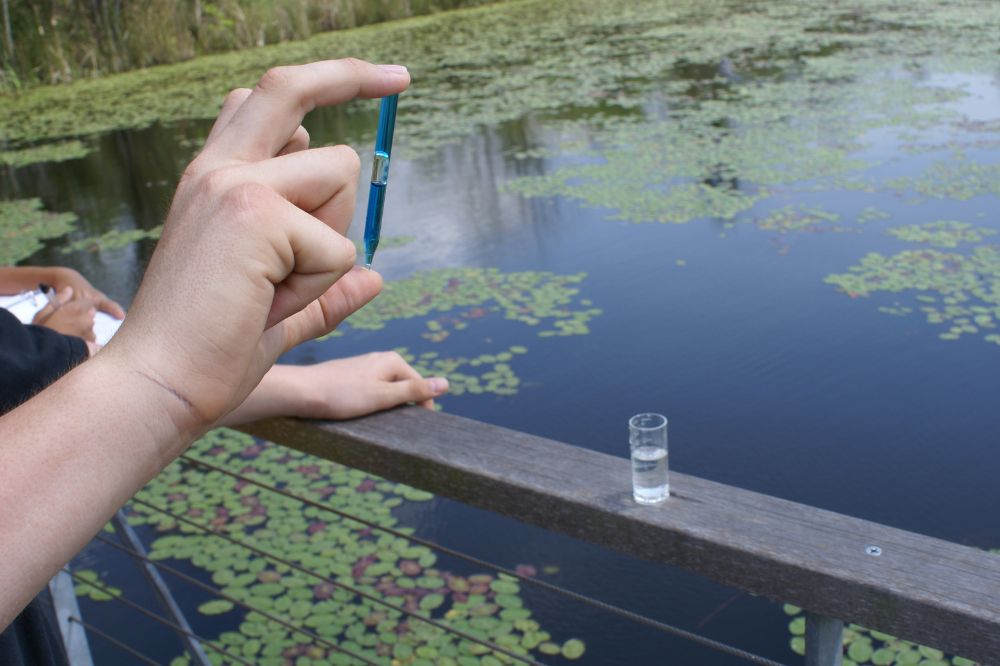Introduction
In an era where food safety concerns are rising globally, the role of food testing labs has become indispensable. From detecting contaminants to verifying nutritional claims, these labs ensure that what reaches your plate is safe, healthy, and compliant with regulations. Among the gold standards for food safety in India is the Food Safety and Standards Authority of India (FSSAI), which sets stringent guidelines for food businesses. In this article, we explore how FSSAI-approved labs operate, their significance, and why choosing a certified lab like this FSSAI-approved food testing lab in Delhi is a smart move for businesses and consumers alike.
What is a Food Testing Lab?
Food testing labs are specialized facilities that analyze food products to ensure they meet safety, quality, and regulatory standards. Key services include:
- Chemical Analysis: Detecting pesticides, heavy metals, and additives.
- Microbiological Testing: Identifying harmful pathogens like E. coli and Salmonella.
- Nutritional Profiling: Verifying calorie counts, vitamins, and macronutrient levels.
- Label Compliance: Ensuring packaging claims align with actual ingredients.
These labs act as a frontline defense against foodborne illnesses and fraudulent practices in the food industry.
The Role of FSSAI Approval
The FSSAI is India’s apex food regulatory body, responsible for setting science-based standards for food products. An FSSAI-approved lab must adhere to strict protocols, including:
- Accreditation: Compliance with ISO/IEC 17025 standards for testing competence.
- Advanced Equipment: Use of cutting-edge tools like HPLC and GC-MS for accurate results.
- Trained Personnel: Qualified scientists and technicians to conduct analyses.
Businesses that partner with FSSAI-certified labs gain credibility, avoid legal penalties, and build consumer trust.
Why Choose an FSSAI-Approved Food Testing Lab?
- Legal Compliance: FSSAI mandates periodic testing for food businesses. Non-compliance can lead to fines or shutdowns.
- Consumer Confidence: Products tested by certified labs reassure buyers of quality and safety.
- Global Market Access: FSSAI standards align with international norms, easing exports.
- Risk Mitigation: Early detection of contaminants prevents recalls and reputational damage.
For instance, this premier FSSAI-certified food testing lab, an FSSAI-recognized facility, offers comprehensive testing services for startups, restaurants, and manufacturers. Their reports are legally valid and widely accepted, making them a trusted partner in the food ecosystem.
Key Services Offered by Modern Food Testing Labs
- Allergen Testing: Identify traces of nuts, gluten, or dairy.
- Shelf-Life Studies: Determine product expiration under varying conditions.
- Antibiotic Residue Testing: Critical for meat and dairy products.
- GMO Detection: Verify non-GMO claims for organic products.
How to Select the Right Food Testing Lab
When choosing a lab, prioritize:
- FSSAI Certification: Non-negotiable for regulatory acceptance.
- Turnaround Time: Quick results without compromising accuracy.
- Customized Solutions: Tailored tests for niche products.
- Transparent Reporting: Easy-to-understand, detailed results.
Leading labs like this accredited FSSAI food testing facility combine speed, precision, and affordability, making them a top choice for businesses across India.
Conclusion
Food testing labs are the unsung heroes of the food industry, safeguarding public health while enabling businesses to thrive. By partnering with an FSSAI-approved lab, companies not only comply with the law but also demonstrate their commitment to quality. Whether you’re a food manufacturer, restaurant owner, or exporter, investing in certified testing services from reputed labs like this trusted FSSAI-approved food safety lab is a step toward sustainable success.
Protect your brand. Ensure safety. Choose FSSAI-certified excellence.















